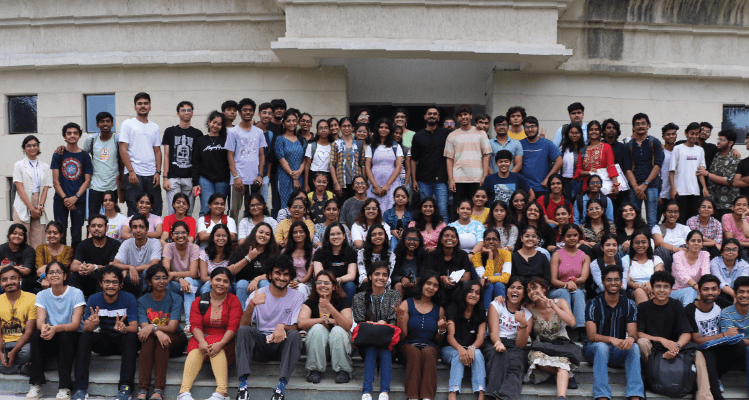MBA in business analytics relates to the study of big data by using analytical, numerical, and functional analysis, forming predicted models, and conveying the results to the associates like employees, customers, etc. It helps in data-driven controlling and is based on proof-based and extensive methods. Technology and automation are blooming at a brisk pace and so business ventures must keep up with the evolving technical shift to be at par in the immensely cutthroat competition. Data has become a crucial element in deciding on numerous business criteria, and there is an increased need for experts and professionals with remarkable data analyzing skills.
Business analytics uses an array of technologies and methods for resolving business problems by analyzing the previous performance of the business and formulating ideas to overcome its drawbacks. This is critical for recognizing flaws in business operations and for promoting state-of-the-art technologies at the right time.
Business analysts are experts who have successfully mastered the requisite procedure, techniques, and methods for interpreting the data that will support the enterprise and business owners make proper, well-planned, and calculated decisions regarding business strategies, marketing, finance, and operations. Business Analytics has become the most talked about specialization in Business education over the last decade because of the multifaceted uses of data in unveiling the trends and problems and specifying the steps forward for a business organization.
What is an MBA in Business Analytics?
An MBA in Business Analytics helps an aspirant become competent and be updated with the latest concepts and modern software in analytics like R, Python, SPSS, Hadoop, Excel Power tools, and Excel BI. Apart from generic management courses, Leading Business Statistics and Database Management with SQL, Big Data Management with Hadoop, and predictive modeling are the other standout features of the pioneering MBA program at Avantika University.
The course covers data-driven studies along with Business Essentials and Technology, Environmental Dynamics, Market, and Economics, Critical Thinking, Creative Communication, Introduction to Design, Quantitative Research Methodology, Accounting Analysis, Market Behavior, and Accounting Analysis some of the subjects’ students will study and cover in-depth during the first year of pursuing MBA at Avantika University. Additionally, the students will acquire the knowledge and skills necessary to collate and evaluate data and present the data as easily observable trends and patterns.
The growing significance and dependency on data across private, public, and even government organizations have paved the way for lucrative job opportunities in this field. Experts with the know-how of handling data are like gold dust and are paid heavily for their services. Some of the promising careers in business analytics that will grow by leaps and bounds in the days to come are:
• Business Analyst
• Big Data Analyst
• Marketing Analyst
• HR Analyst
• Financial Analyst
• Data Scientist
• Supply Chain Analyst
Why pursue an MBA in Business Analytics from Avantika University?
The MBA program at Avantika University is designed to foster the skills and in-depth knowledge needed for lasting success. The experiential learning offered with the project-based learning pedagogy ensures a high-quality student experience. Avantika is best mba business analytics colleges in madhya pradesh. The mission is to provide contemporary and personalized education with a 21st-century curriculum.
A master’s degree in business analytics will help you understand the importance of data in business and how it can affect overall business performance. Aspirants with a degree in business analytics will be well prepared to master analytics processes and methods that are critical to any organization’s decision-making practices. Additionally, this specialization will also cultivate skills like Negotiation and Cost-Benefit Analysis in an aspirant.
